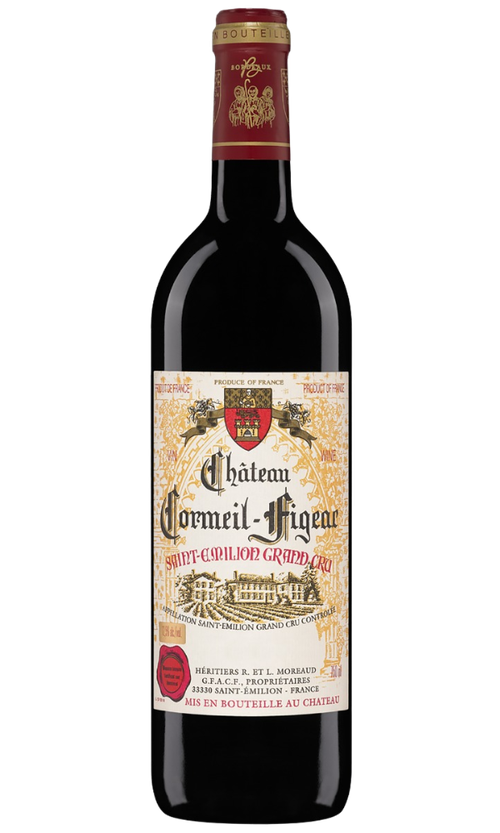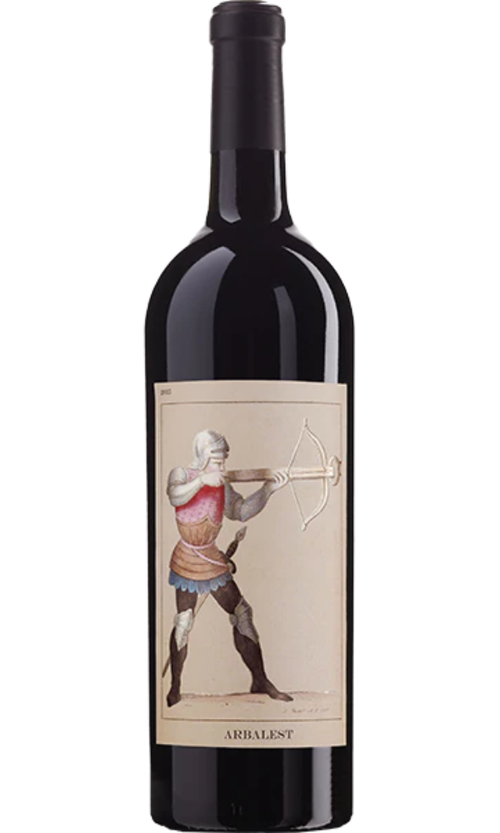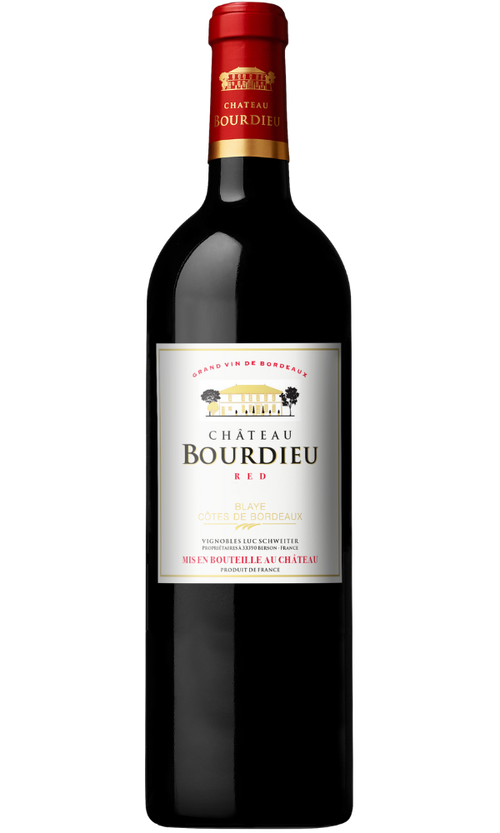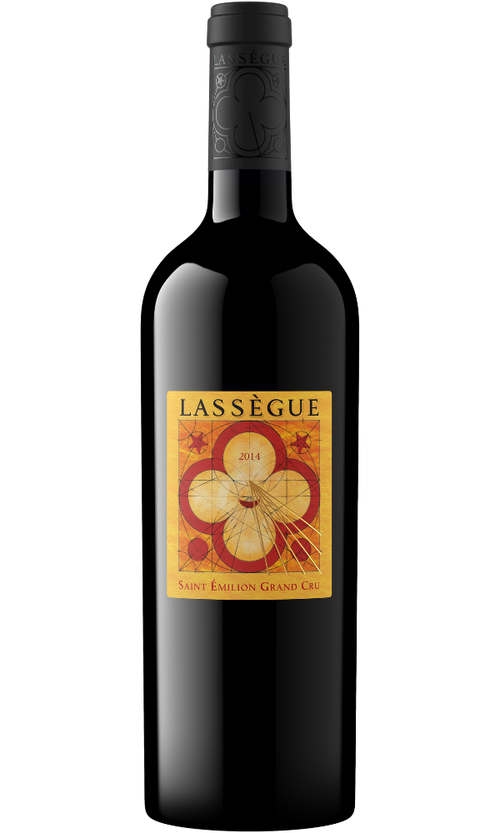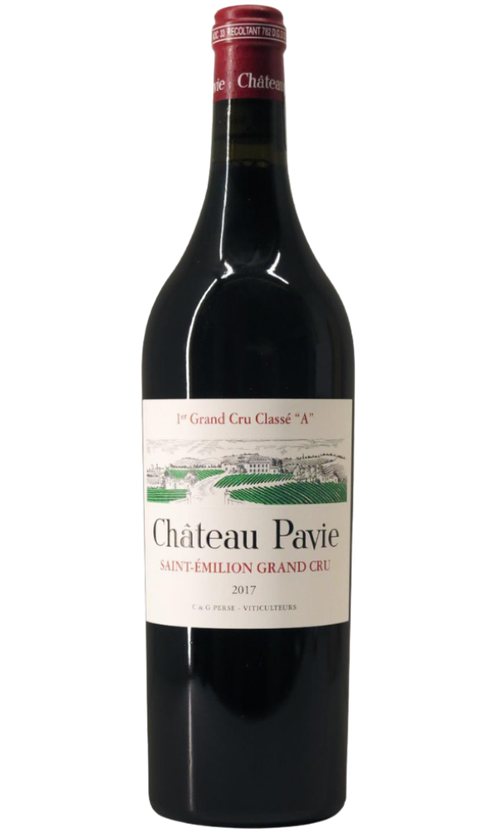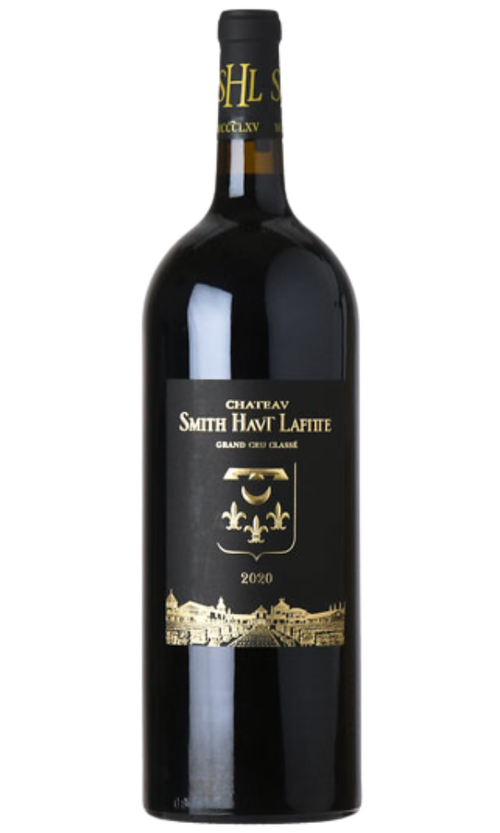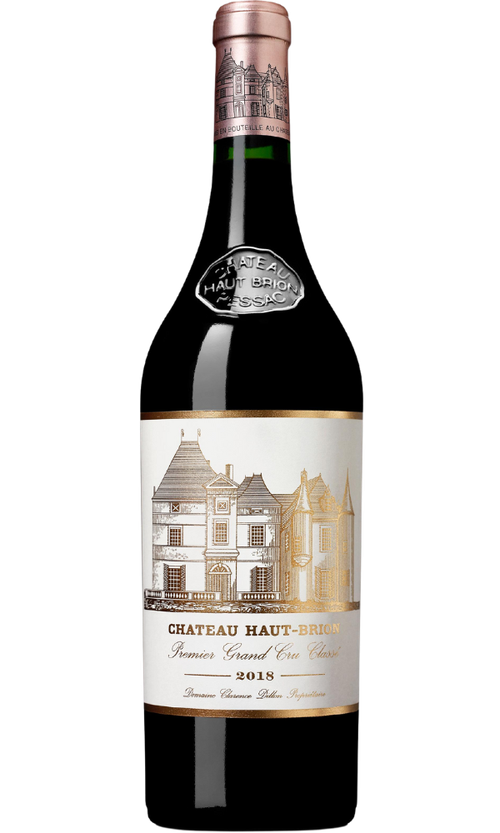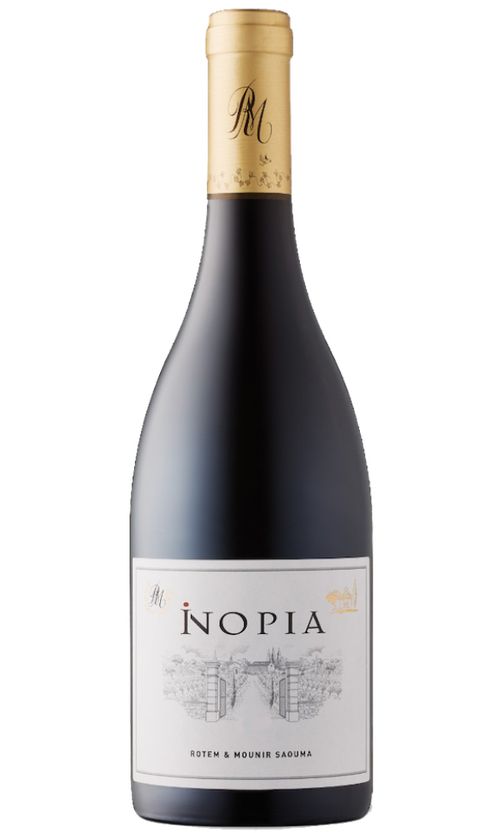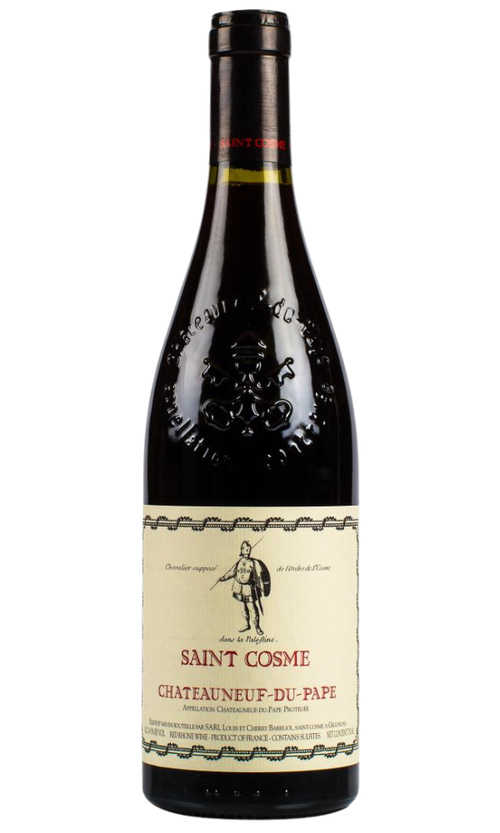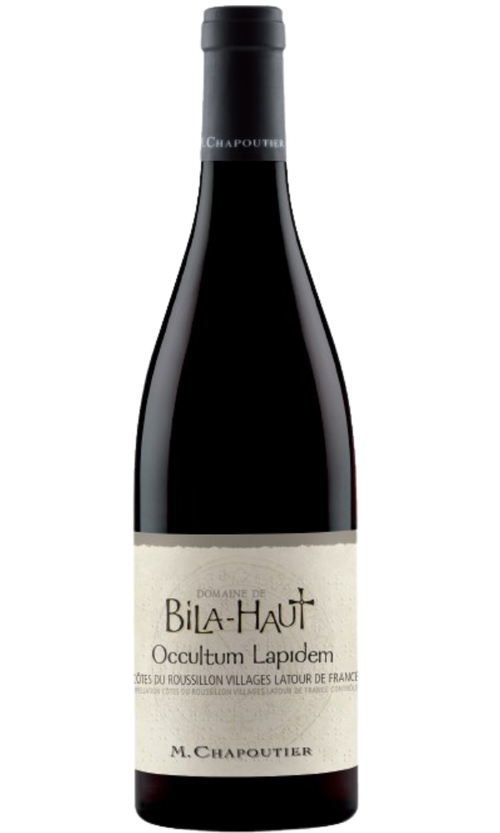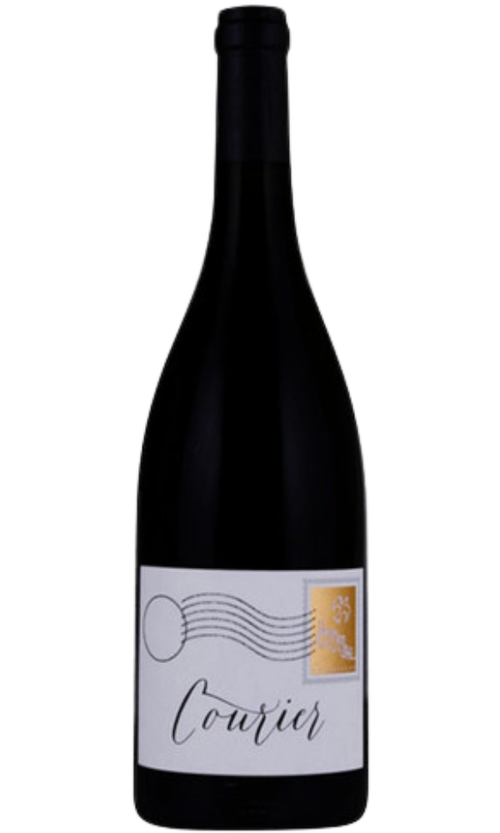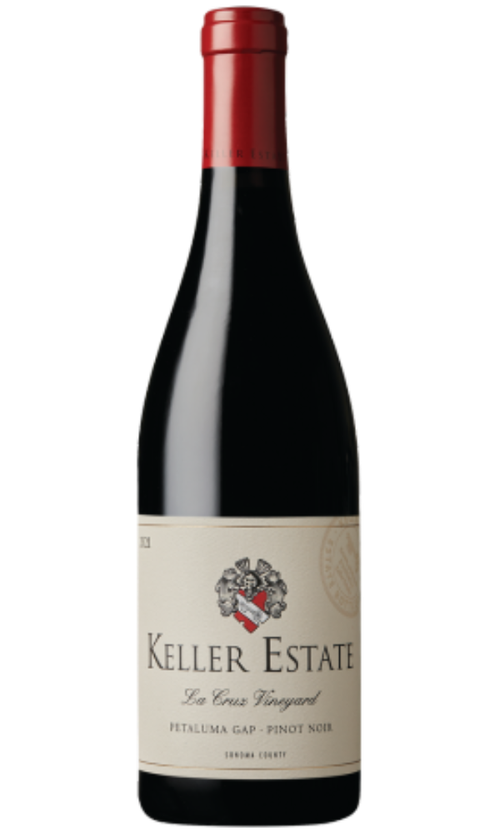
12-year-old Bordeaux from prime Margaux terroir

- Curated by unrivaled experts
- Choose your delivery date
- Temperature controlled shipping options
- Get credited back if a wine fails to impress
2013 La Reserve d'Angludet Margaux 750 ml
- Curated by unrivaled experts
- Choose your delivery date
- Temperature controlled shipping options
- Get credited back if a wine fails to impress
Here Comes the Knight Time
Château d’Angludet might not have the famous names of its neighbors. But the sheer density of blue-chip châteax in the vicinity points to one thing: Angludet sits on some fantastic dirt.
Located on a prime gravel terrace in the heart of Margaux, Château Angludet’s roots go back nearly a millennium, to when the knight Bertrand d’Angludet established a noble residence on the land. It has been planted to vine since the 1600s, but was excluded from the 1855 classification because it had been split up among four heirs after the 1791 death of owner Pierre Legras.
Later, after a spell of not-so-knightly care, Angludet fell into desuetude. It found new life in 1961 when the Sichel family—respected Bordeaux négociants and shareholders in the legendary Château Palmer—took possession.
At the time of purchase, Angludet’s vineyards had been decimated by the 1956 frost. Over the decades, the family restored the château and replanted the estate, cementing its reputation as one of Margaux’s best values. Today, the estate comprises 32 hectares planted to 46% Cabernet Sauvignon, 41% Merlot, and 13% Petit Verdot. Nestled on well-drained Garonne gravel and tended with biodynamic principles, the site yields wines of classical Margaux elegance—silky, aromatic, and structured.
La Réserve d’Angludet is the estate’s second wine, crafted with the same precision as the Grand Vin but selected for immediate enjoyment. Made from fruit grown in the same vineyards—often younger vines under 15 years old—it undergoes identical vinification, including fermentation and oak aging.
The result is a Margaux that’s lush and inviting in its youth, but as this 2013 proves, it’s also one that improves beautifully over time.
You might also like these wines
- Member Favorite
- You're on page

